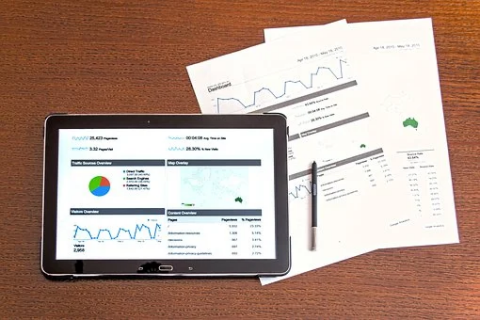Investing in opportunity zones can help you defer paying capital gains taxes on your capital gains from other investments, while at the same time giving you a chance to help disadvantaged communities. About 12 percent of the United States is in designated opportunity zones, which exist in every state, territory, and the District of Columbia. But is it really worth investing in opportunity zones?
An investment in an opportunity zone fund can be a great opportunity if you’re able to have your money tied up for a long time. You have to carefully evaluate the quality of an opportunity zone investment fund, just like you would for any other type of investment. Let’s take a closer look at the rules and timelines involved in this kind of investment.
You Can Defer Paying Capital Gains Taxes Until December 31, 2026
The primary incentive to invest in opportunity zones is the ability to use a qualified opportunity fund (QOF) to defer paying capital gains taxes on your profits from other investments. You have a deadline of 180 days from the day you realize your capital gains to invest them in a QOF, and you can defer paying capital gains taxes on any cash or property gains realized from your investment activities. Although you can invest noncash property in a QOF, you may not be able to claim tax benefits on the entire investment.
Tax Benefits Continue After 2026
Some experts are concerned that after the tax deferral period expires on December 31, 2026, investors will ditch these funds and they’ll experience a general loss of value. But investments in qualified opportunity zones are designed to incentivize leaving your money in them for the long term. If you hold your investment for five years, you’ll experience a 10 percent increase in step-up basis on your investment. After seven years, you’ll get an increase in step-up basis of 15 percent. After 10 years, you’ll pay no capital gains taxes on the appreciation of your investment.
You may need to leave your money in the QOF until the tax deferral deadline to receive the tax deferral benefits – you may owe capital gains taxes on any money that you withdraw early. You’re better off making this kind of investment if you can leave your money tied up for at least five years. You’ll need to be patient and accept that investing in a QOF may mean passing up investment opportunities that may come later.
Proceed with Due Caution
Just as with any other investment, you need to carefully examine the financial soundness of an investment in a qualified opportunity zone. These investments have a lot in common with other commercial real estate investments. You need to ensure that the investment is sound on its own, even without the tax benefits.
It helps to look for a project that is already in progress. If the sponsor has already purchased building supplies and begun construction, then you’ll know that your investment returns won’t be compromised by fluctuations in materials prices. If the project already has some financing, has partners, and has obtained the approvals it needs to move forward, you can have confidence that it will proceed without stalling.
Because opportunity zone funds are a long-term investment, you should consider the long-term prospects of the type of property you’re investing in. For example, retail properties had been on decline for some time even before COVID-19 forced closures and drove many smaller retailers out of business – an investment in a big retail project may not be the best choice. On the other hand, the housing market is tight and only promises to get tighter, so an investment in multifamily residential properties may do well over the next 10 years.
You also need to consider the area in which a project is located. While all opportunity zones are located in distressed areas, some are in better locations for development than others. A project in a deeply rural area may not offer the same potential for returns as a project in an urban area.
Opportunity zone investments can be a great way to defer paying capital gains taxes on your capital gains, while revitalizing a disadvantaged community. As long as you evaluate these investments to the same degree as you would any other investment, you can make a difference in a distressed community and get some great tax benefits that will help you save a lot of money over the life of the investment.


